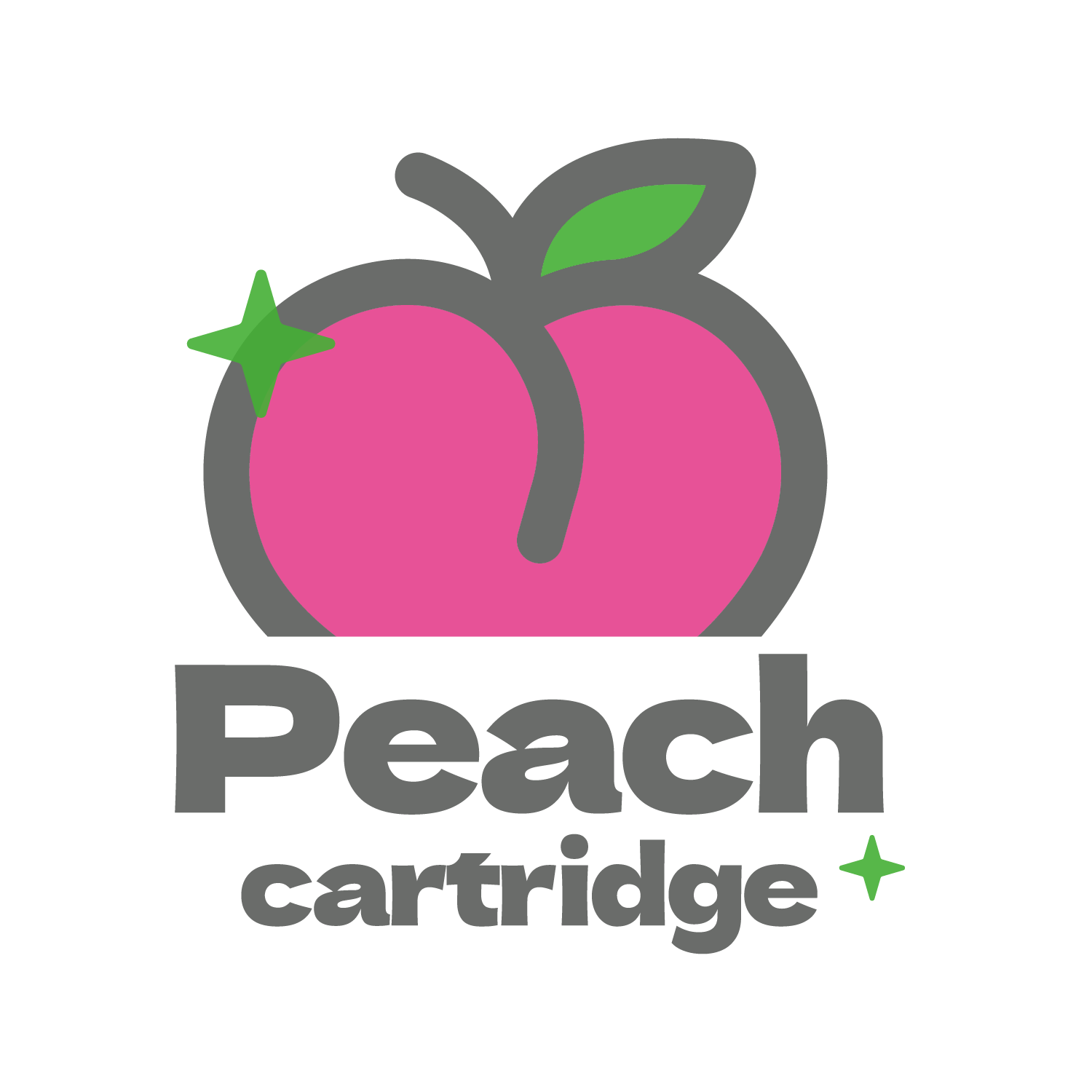As active members of the tattoo community, we regularly participate in tattoo conventions and events both locally and nationally. These events provide an opportunity to showcase our work, connect with fellow artists, and engage with enthusiasts from all walks of life.
Getting a tattoo is a big decision, and choosing the right ink is just as important as selecting the perfect design. The ink used can affect not only the final look of your tattoo but also its longevity and your skin’s health. In this article, we’ll explore everything you need to know about the best tattoo inks, from what makes them superior to the top brands and safety considerations.
II: What Makes a Tattoo Ink the Best?
A:Safety and Non-Toxic Ingredients
First and foremost, the best tattoo inks are made from safe, non-toxic ingredients. This means they are free from harmful substances like heavy metals and certain preservatives that can cause adverse reactions or long-term health issues. Always check that the ink meets relevant safety standards and regulations.
B:Vibrancy and Longevity of Color
A high-quality tattoo ink will produce vibrant, long-lasting colors. This vibrancy is crucial for the tattoo to look as good in ten years as it did the day you got it. The best inks resist fading and maintain their intensity over time, provided you follow proper aftercare.
C:Ease of Application
For tattoo artists, ease of application is a significant factor. Good inks flow smoothly and evenly from the needle, allowing for precision and reducing the time required to complete the tattoo. This also minimizes the discomfort for the person getting tattooed.

III:Popular Brands in the Tattoo Industry
Eternal Ink is renowned for its extensive range of colors and consistent quality. Artists appreciate its smooth application and clients love the vibrant, long-lasting results.
Intenze Ink is another top choice, known for its safety and performance. It offers a wide palette and is favored by many professional tattoo artists for its reliability.
Dynamic Ink is celebrated for its bold, bright colors. Particularly popular for black ink, it delivers sharp lines and solid fills, making it a staple in many tattoo parlors.
IV:Understanding the Different Types of Tattoo Inks
A:Organic Inks
Organic inks use natural pigments derived from plants and other organic sources. They are often considered safer and are preferred by those looking for eco-friendly options.
B:Inorganic Inks
Inorganic inks are made with metal-based pigments. They tend to have brighter and more varied colors but may carry a higher risk of allergic reactions.
C:Vegan Inks
Vegan inks are free from animal products and by-products. They are a popular choice among environmentally conscious individuals and those with allergies to animal-derived ingredients.
V:Safety Standards and Regulations
A:FDA Regulations
In the United States, the FDA regulates tattoo inks to ensure they are safe for use. It’s essential to choose inks that comply with these regulations to avoid health risks.
B:European Union Standards
The EU has stringent safety standards for tattoo inks, often stricter than those in the U.S. Inks that meet these standards are generally very safe.
C:Tattoo Parlor Practices
Beyond regulation, the cleanliness and practices of the tattoo parlor play a crucial role in safety. Ensure your artist follows all hygiene protocols and uses sterilized equipment.
VI:Ingredients to Look for in High-Quality Tattoo Inks
A:Pigments
Pigments provide the color in tattoo inks. Look for high-quality, stable pigments that offer vibrant colors without compromising safety.
B:Carriers
Carriers are liquids that help to evenly distribute the pigment in the ink. Common carriers include distilled water, ethanol, and witch hazel. High-quality inks use carriers that are safe and non-irritating.
C:Additives
Some inks include additives to improve consistency, longevity, and application. These should also be safe and non-toxic.
VII:Conclusion
Choosing the best tattoo ink is crucial for achieving a beautiful, long-lasting tattoo. From understanding the ingredients and safety standards to knowing how to care for your tattoo, making informed decisions will ensure you enjoy your body art for years to come. Always consult with your tattoo artist and prioritize quality and safety.
Frequently Asked Questions
The safest tattoo inks are those that meet FDA or European Union safety standards and are free from harmful substances like heavy metals.
Perform a patch test before getting a large tattoo. Apply a small amount of ink to your skin and wait 24-48 hours to check for any reactions.
Yes, many vegan tattoo inks are formulated to be just as vibrant and long-lasting as their non-vegan counterparts.
Tattoo ink can last a lifetime, but factors like sun exposure, skin type, and aftercare can affect how quickly it fades. Proper care can slow down fading.
UV reactive inks are generally safe when used correctly and by experienced artists. However, they may not be as extensively tested as traditional inks, so consult with your artist.
When selecting the best tattoo ink, several factors should be taken into account:



